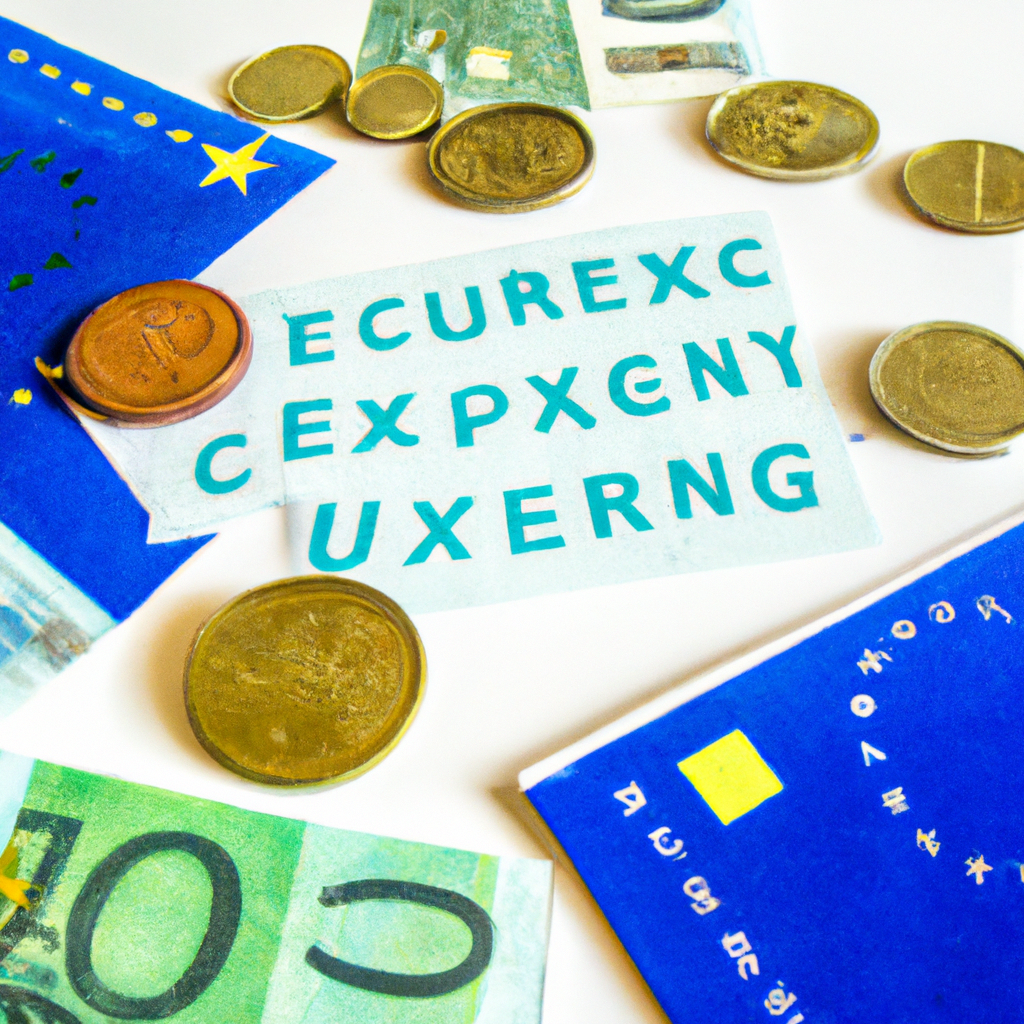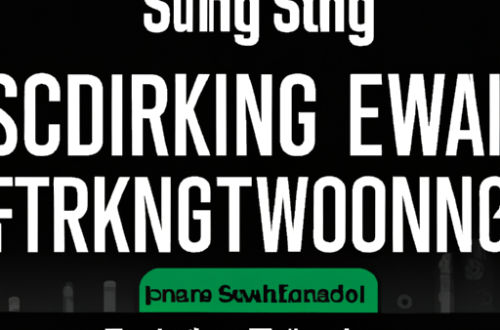Introduction to Currency Exchange Tips
Are you planning an international trip or need to handle foreign transactions? Knowing currency exchange tips is essential to avoid unnecessary fees and get the best rates. Many travelers and business professionals overlook the importance of strategic money exchange, leading to lost value and unexpected costs. This comprehensive guide will cover the best practices for exchanging currency, including rate comparison, avoiding common pitfalls, and understanding hidden fees.
Understanding Foreign Exchange Rates
At the heart of every currency transaction is the exchange rate. This rate determines how much of one currency you get in exchange for another. Foreign exchange rates fluctuate constantly due to global market forces such as supply and demand, political stability, and economic performance. Before exchanging money, always check the current rate using reliable sources or currency converter tools.
- Spot Rate: The real-time exchange rate available on the global market.
- Bank Rate: The rate banks offer, often slightly less favorable than the spot rate.
- Tourist Rate: The rate available at airports, hotels, or exchange kiosks, which may include additional margins.
Top 10 Currency Exchange Tips
-
Plan Ahead
Research the exchange rates and patterns before your trip. Check if your destination is cash-driven or card-friendly. Advance planning often helps you avoid high fees at airports or hotels.
-
Compare Exchange Providers
Banks, online currency exchange services, and local exchange bureaus all have different rates and fees. It pays to compare currency exchange rates from multiple sources before making a decision.
-
Avoid Airport Kiosks
Currency conversion at airports is convenient but comes at a premium. Airport kiosks typically charge higher commissions and offer less favorable rates. Exchange a small amount if necessary and look for better deals in the city center.
-
Watch Out for Hidden Fees
Some providers advertise “no commission” but hide fees in poor exchange rates. Always ask about the total cost of the transaction, including any service or ATM withdrawal fees.
-
Use ATMs Wisely
Withdrawing cash from ATMs abroad can be cost-effective, but only if you use bank-affiliated ATMs and avoid dynamic currency conversion. Choose to be charged in the local currency for better rates.
-
Know Your Bank’s Policies
Many banks charge foreign transaction fees. Contact your bank before traveling to understand international withdrawal limits, fees, and whether your card will work in your destination country.
-
Bring a Backup Payment Method
Carry at least two types of payment methods: a credit card, a debit card, and some local cash. Some places may not accept cards, so having cash on hand is crucial.
-
Exchange Only What You Need
Avoid exchanging large sums all at once. Estimate your expenses and exchange money as needed to minimize the risk of exchanging unused foreign currency back at a loss.
-
Monitor the Foreign Exchange Market
If you have time before your trip, monitor forex rates for favorable changes. Currency values can fluctuate daily, and exchanging when the rate is in your favor can save you money.
-
Save Receipts and Double-Check Amounts
Always keep receipts for currency exchanges or ATM withdrawals. Double-check the currency and amount received before leaving the counter to avoid disputes later.
Expert Advice: Avoiding Common Currency Exchange Mistakes
Even seasoned travelers can fall victim to common currency exchange mistakes. Here are some expert tips to help you steer clear of costly errors:
- Never exchange money on the street: Unofficial exchangers may offer tempting rates but often deal in counterfeit currency or scams.
- Don’t rely solely on credit cards: Not all businesses accept cards, especially in rural areas or developing countries.
- Be cautious with dynamic currency conversion: When given the choice, always pay in the local currency rather than your home currency to avoid unfavorable conversion rates.
- Understand local denominations: Familiarize yourself with the appearance and value of local bills and coins to prevent confusion or being short-changed.
Currency Exchange Safety Tips
Maintaining security when carrying foreign currency is critical. Follow these safety tips:
- Keep large sums of cash in a money belt or concealed pouch.
- Split your money and store it in separate places (e.g., some in your wallet, some in your luggage).
- Avoid flashing cash in public or crowded areas to deter theft.
- Use hotel safes or lockboxes when possible to secure extra funds.
FAQ: Currency Exchange Tips and Tricks
Should I exchange currency before I travel?
It’s often wise to exchange a small amount before your trip for immediate expenses, such as transportation from the airport. For larger sums, compare local rates at your destination.
Is it better to use a credit card or cash abroad?
A mix is best. Credit cards offer convenience and security, but some places only accept cash. Always have some local currency as a backup.
How can I find the best currency exchange rates?
Research online, use comparison tools, and avoid exchanging money at airports. Monitor exchange rates and consider using bank-affiliated ATMs for better value.
Conclusion: Get the Most from Your Currency Exchange
Mastering these currency exchange tips helps you maximize value, minimize fees, and travel with confidence. Whether you’re a globetrotter, business traveler, or handling international purchases, understanding the foreign exchange process is key. Remember to plan ahead, compare rates, and stay vigilant to protect your finances. Safe travels and smart spending!





